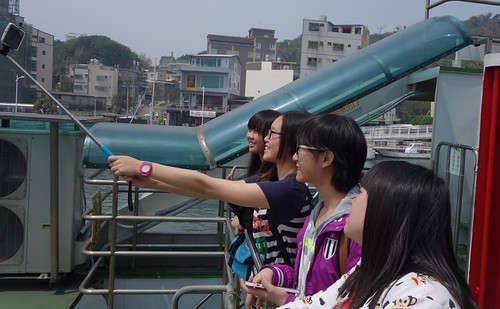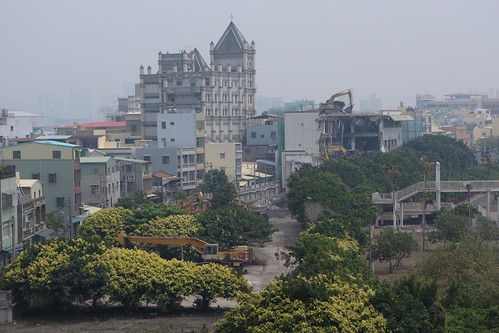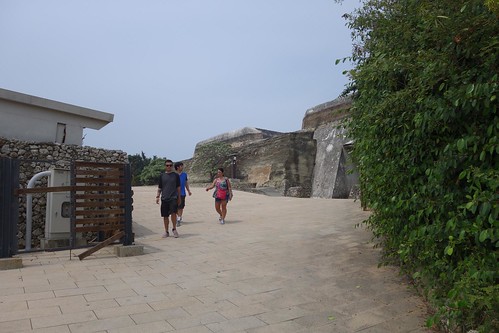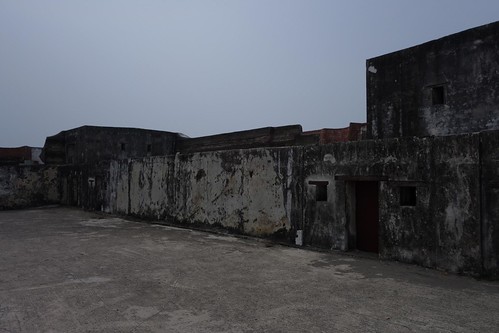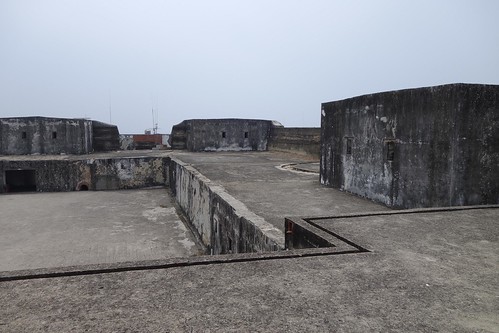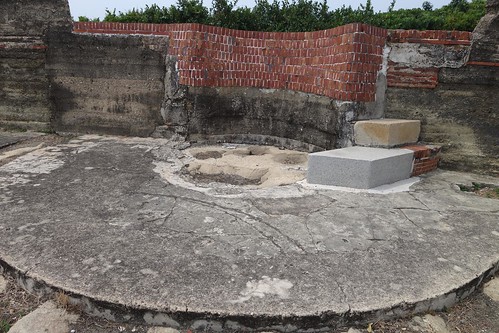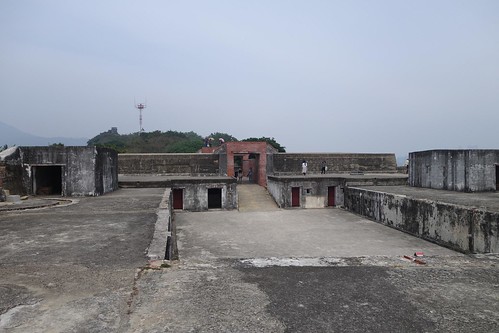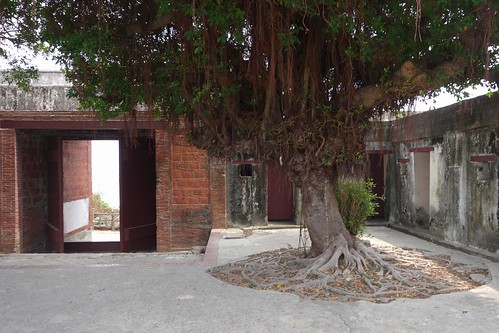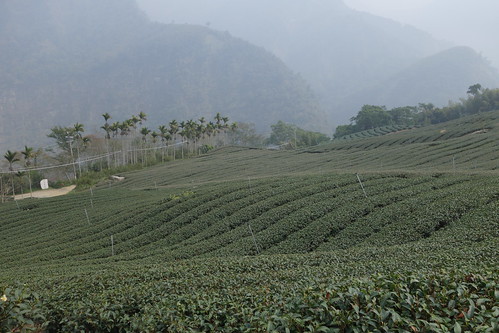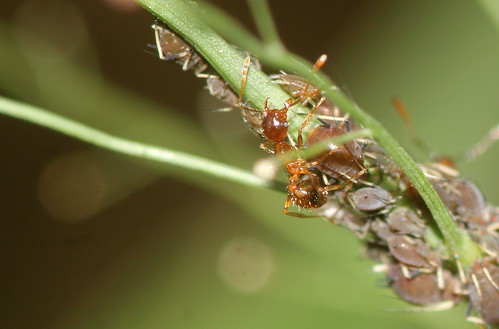Rose: Mr. Andrews... I saw the iceberg and I see it in your eyes... please, tell me the truth.Well, the KMT has settled on a selection process for its candidate, and will likely announce in mid-June (report). The opinion poll for settling the issue will take place June 5-13th. Chairman Eric Chu, the popular choice, is still claiming that he won't be the candidate, while Wang Jin-pyng, the Legislative Speaker, isn't commenting. Chu is off to China in early May to
Thomas Andrews: The ship will sink.
Rose: You're certain?
Thomas Andrews: Yes. In an hour or so, all of this will be at the bottom of the Atlantic.
Yet the public is now greeted with the familiar KMT ritual as the party's presidential hopefuls and their cronies begin clamoring for their candidacy. Once again the stern vows by the party favorite not to join the race is greeted with universal disbelief (Ma famously vowed “over a hundred times” not to run for Taipei mayor). The “sedan chair carriers” of Eric Chu have been calling for the party leader to break his promise and run for the KMT in the upcoming election. According to local media, lawmakers supporting Chu are even urging Legislator Hung Hsiu-chu (洪秀柱) to drop her bid in order to “maintain party unity.”Meanwhile, the news from central Taiwan: the KMT fiefdom of Miaoli is broke. Solidarity has the translation:
Employees of the Miaoli County Government today received a letter from Commissioner Hsu Yao-chang 徐耀昌 titled “Pass through these hard times together to save Miaoli.” About 1,500 Chinese characters in length, it explained that the county treasury is “penniless” and called on everyone to cut costs in order to “save Miaoli.”The county commissioner blamed the allocation of revenues by the central government. Nantou is also in a fiscal crisis; Donovan Smith, the ICRT central news reporter, observed that the government is renting county land for businesses to place advertisements in order to raise revenue. All of the county governments are broke, starved of money to pay for the lifestyle of Taipei, and such monies as they have handed down to patronage networks. Debt is how the counties are kept in bondage.
had already been much discussion about whether government finances were in dire straits, as Miaoli County staff had not yet received their monthly salaries and the county is behind on billions of NTD of project payments to contractors. There are also questions about whether county infrastructure projects will be halted.
In his letter, Hsu wrote that only after taking office did he realize that the government was NT$64.8 billion (US$2.16bil) in the hole and no matter how much more flexible fiscal deadlines were made and how much resources were stretched, administration was about to reach an unprecedented bottleneck.
Miaoli has long been a KMT stronghold, and its massive debt is partly the result of the KMT's patronage spending. If construction projects are scaled back or halted, there is likely to be rebellion among the factions that support the KMT in Miaoli, and infighting among them (remember, when the gruel gets thin, the knives get sharp). This will hurt the KMT in Miaoli.
I can't resist adding that I've spent over twenty years here listening to people utter fertilizer about how the KMT is the "rational" party. I think of news like this, and laugh.
Back to the China Post, the stalwart pro-KMT paper, which ripped the KMT in brutal fashion, sounding rather like me, actually.
The lack of true reform spirit is evident even in Chu's proposals, of which the most eye-catching reform is not even directed at the party itself. Chu's idea of moving toward a parliamentary political system is seen at best as a veiled criticism of the president and at worst as a plot to undermine the influence of possible Democratic Progressive Party (DPP) presidencies in the future. In his next biggest reform, Chu restructured the National Policy Foundation to “systemize” the party's think tank. [MT- the NPF is headed by Chu but his deputy is former Taipei Mayor Hau Lung-bin, another princeling and heavyweight. The mainlander clique is keeping its hands on the reins]. The New Taipei mayor, who went on to win unchallenged in his party leadership bid, also promised to bring more young scholars into the think tank.The China Post's linkage of Ma and Chu in their rejection of posts is interesting, because one complaint we're already hearing is that Chu is simply Ma II, with more political sense. As I've noted in other posts, the KMT public yearns for youth and reform, yet we're not seeing anything like that from Chu. Unless there are some serious changes this summer, this will likely translate into trouble for the KMT at the polls.
The party failed in last year's election not only because of Ma's unpopularity — more importantly, it was the result of an awakening of younger voters desperate at a time of exorbitant home prices and stagnant wages. To young voters, the party is mostly dismissed as an infirm organization trapped by its authoritarian past, its dangerously close ties to mainland China and its obsession with power struggles over everything. To change these voters' minds, the party needs to do much more than reorganizing a think thank and taking a swipe at Taiwan's political system.
........
The all-too-familiar sight of party strongmen vying for positions under the table does not bode well for the self-proclaimed reform-minded KMT. Instead of wasting its time in court politics, the party should realize the existential crisis it is in. The brouhaha over a Chu versus Wang candidacy and “would he wouldn't he” speculations distract the party.
The TISR tracking polls for March of this year are worth reviewing. The Party ID poll (on left) shows a jump in DPP ID, which may be temporary, but note the KMT -- affiliation has been falling since 2008 and more steeply after 2012. The Ma effect, illustrated. Finally note another crash which is fascinating -- in both the Party ID (left) and Blue-Green-Unaffiliated poll (right) the gray line represents people who identify as either not having a party (left) or being in the middle (right). In both cases, there is a fall in that group that more or less matches the rise in the DPP/Green camp. I've highlighted that in the image below...
It's not been long enough to be a trend, but at this point, post the November 2014 election, the middle sure looks like it is switching (or coming out) to the Green camp. This may simply be people expressing frustration with the KMT's inability to enact meaningful change, but coupled with the three year long free fall in KMT ID, I think it is probably more than that...
REFS: Recent Posts on KMT, Reform, and Chairman Chu
KMT Shorts -- Chu Notes -- KMTitanic 5: Struggling for the Northern Lifeboats -- Chu Political Theatre -- KMTitanic 4 -- KMTitanic 3 -- KMTitanic 2 -- KMTitanic 1 -- Chu's Revolutionary Reforms?
____________________
Daily Links:
- US-China Econ and Security Commission Annual Report, Taiwan section.
- Cole in the Diplomat: The great Chinese lie about Taiwan. Cole was excoriated by some PLA officer, and Apple Daily printed his bombastic remarks. Good work, J Michael.
- Cole at CPI: Apache-gate
- Office of Naval Intelligence report on Chinese Navy
- Lin Jia-lung, Mayor of Taichung, takes a beating: Steel beam for MRT collapses on busy Taichung Street (Video), critics claim it occurred because he wanted things speeded up. Appears construction boss scheduled construction during the day against regulations, instead of at 11:30 at night as contract called for.
- BBC on Sunflowers, one year later. Economist on the Sunflowers, one year later.
- Michal Thim at CPI on the M503 air route controversy.
- All over the news: as investigation of President Ma heats up, his right-hand man King Pu-tsun leaves country with mucho baggage (solidaritytw).UPDATE: solidarity.tw said...
King finally returned to Taiwan this evening...with one very small suitcase. He immediately met with the press and threatened to, you guessed it, sue the pundits and papers who suspected him of ulterior motives for libel.
http://www.appledaily.com.tw/realtimenews/article/new/20150411/590849/ - Hong Kong and Taiwan: a tale of two cities. Two Indian scholars on the China-HKK-Taiwan story.
- A rare catch: smuggler caught with rare orchids from China
- Ralph Jennings on Ma unyielding in the face of failure, protests. And Solidarity translates comments by Ma at the AmCham meeting, in which he is moved by how the Americans helped China shoot down Japanese planes in WWII.
[Taiwan] Don't miss the comments below! And check out my blog and its sidebars for events, links to previous posts and picture posts, and scores of links to other Taiwan blogs and forums!














